Coronavirus: pandemic-hit Bali tourism operators sow seeds of recovery
Bali finds a new groove with tourism closed. Young people embracing farming and going back to basics.
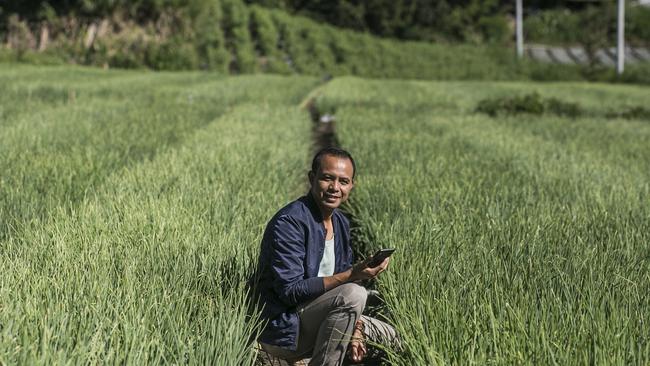
It took 13 years for I Kadek Didi Suprapta to build Bali Adventours into a lucrative tourist business and a few weeks for the global pandemic to destroy it, sending the 39-year-old back to his parents’ farm alongside Lake Batur to lick his wounds and work out what comes next.
The answer came surprisingly quickly amid the ripening eggplants and chillies of his family’s fields and that of their neighbours.
Kadek’s generation and those who followed have largely rejected agricultural life, turning their backs on the island’s bucolic farming villages for the hotels and bars, traffic jams and easy tourist dollars of the south.
Until the coronavirus plunged Bali’s tourist industry into deep-freeze, the sector contributed 53 per cent of the island’s GDP and employed close to a third of its workforce.
But the pandemic has forced a reverse migration of young Balinese back to their villages where many have returned to farming, while others have started cottage industries making tempeh, takeaway meals and the fiery sambals, for which Bali is famous.
“Everybody’s being optimistic because that’s the nature of people here,” says Australian restaurateur Janet de Neefe who has had to close several Ubud businesses and cancel this month’s Ubud food festival. “There’s been a wonderful movement of people growing their own vegetables, going back to traditional foods and starting low-cost businesses. No one has a lot of money so everyone is selling cheap food.”
Kadek says the tourism wipe-out was just the push he needed to leave an industry he now believes is too vulnerable. He has spent the past few months developing his Online Veggie Stall app to connect farmers directly with consumers in Bali’s cities and cut out the middlemen who whittle away their profits.
“Bali imports so many fruits and vegetables from other Indonesian islands, as well as other countries. There is enough produce here but the hotels prefer to use imported produce. We need to educate farmers to grow more organic produce, introduce them to better technology,” he told The Weekend Australian.
Former Denpasar tourist guide Gede Tinaya returned to his Kintamani village in mid-March and is now days away from harvesting his first vegetable crop, which he plans to sell on Instagram.
He is already researching better ways to cultivate, and planning an expansion into mangosteens with an eye to a long-term future in agriculture.
“There are some things I want to do but my parents won’t listen to me, so I will try them on my own, like sourcing seeds from different suppliers,” he says. “I won’t return full-time to tourism because it’s too risky. I want to continue tending to my garden and I want it to be an additional source of income.”
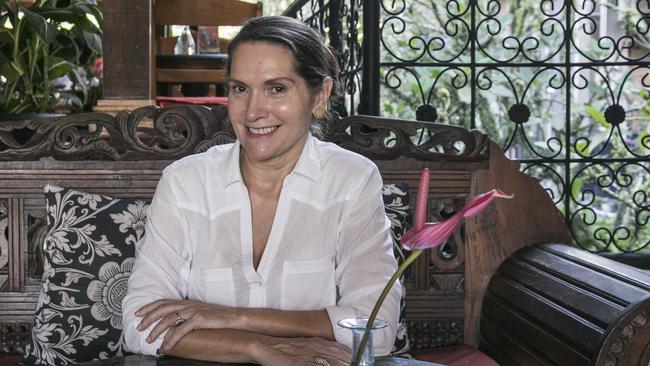
Made Kembar Sri Budhi, a commerce professor at Udayana University, says the pandemic has exposed Bali’s over-dependence on tourism in a way that even the Mount Agung eruptions and the Bali bombings did not. “It has affected everything and everyone related to the tourism sector,” he says. “Eventually all sectors will be affected whereas agriculture products are always in demand, especially now because of supply-chain disruptions.”
Many who have returned to their family farms — including hundreds of cruise ship workers — are bringing youthful energy and productivity to farms where practices have barely changed in generations. Now is the time for government to help farmers expand and improve their products so that, when tourism improves, they can seize back the hotel and restaurant market currently dominated by imported produce, he says.
Even in Ubud, where rice paddies have rapidly disappeared under tourism developments, the shift has been dramatic.
Dewa Gede Putrawan shut his Ibu Rai restaurant in March and is now delivering his own squid sambal across the island to a growing market of fans. “What can we do about a force majeure like this?” he shrugs.
“We had a taste of it during the Mount Agung eruptions but it never completely shut down hotels, entertainment and flights like now.” The sambal business is at least “keeping us sane and putting food on the table”, he says, though soon he will no longer be able to pay staff and will instead give them staple foods.
De Neefe, whose annual literary and food festivals attract tens of thousands of visitors, says “everyone is looking after each other and just trying to survive”.
But she is determined to stage a pared-back combination of the two festivals in late October, even if only for locals. “It will be about rebuilding Bali, similar to what we did after the Bali bombings,” she says. “There are a lot of Indonesians and Balinese who will want to say, ‘We’re here, we’re open, we’re the sum of many parts and we want to celebrate life together as much as we can’.”

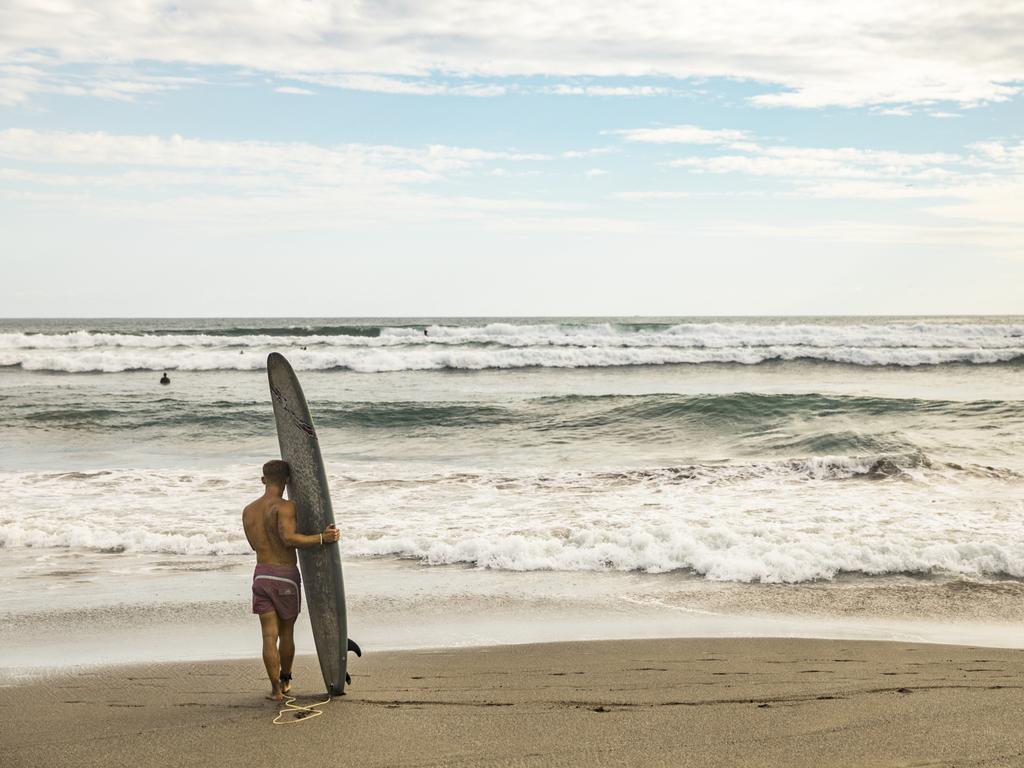
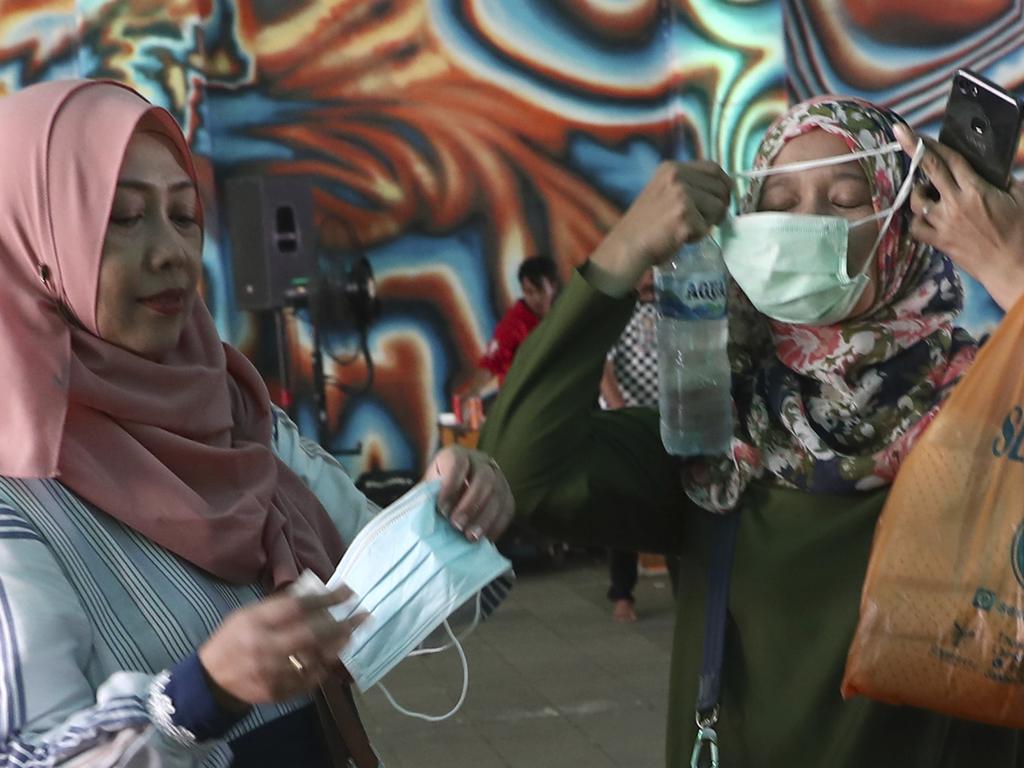
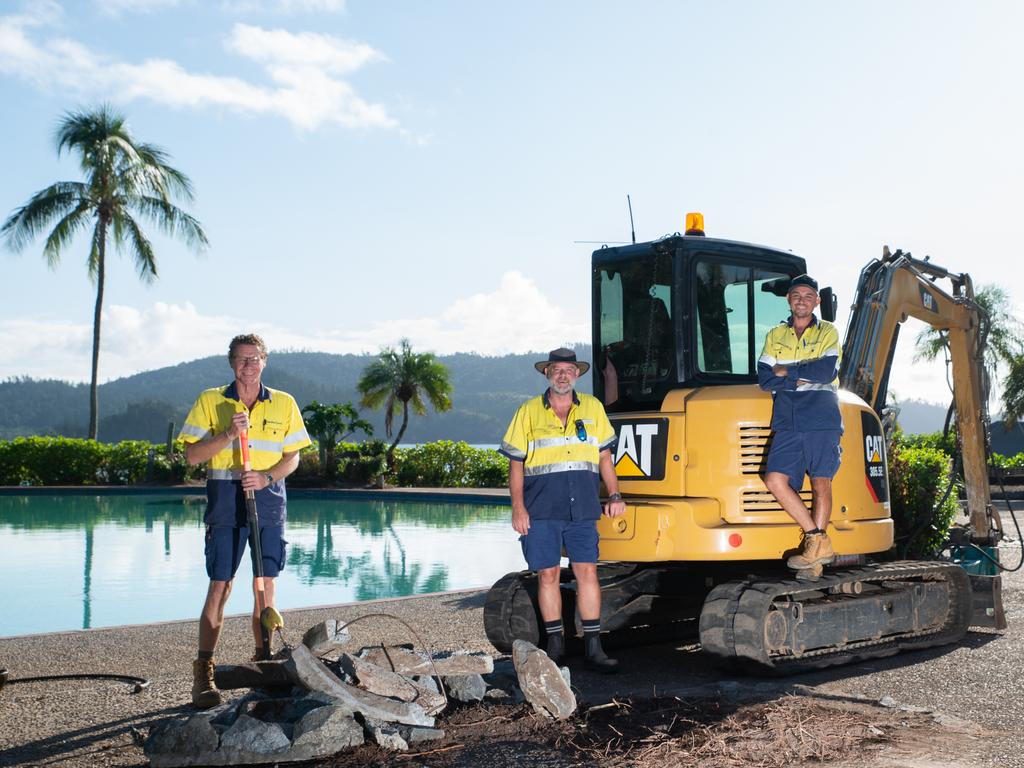
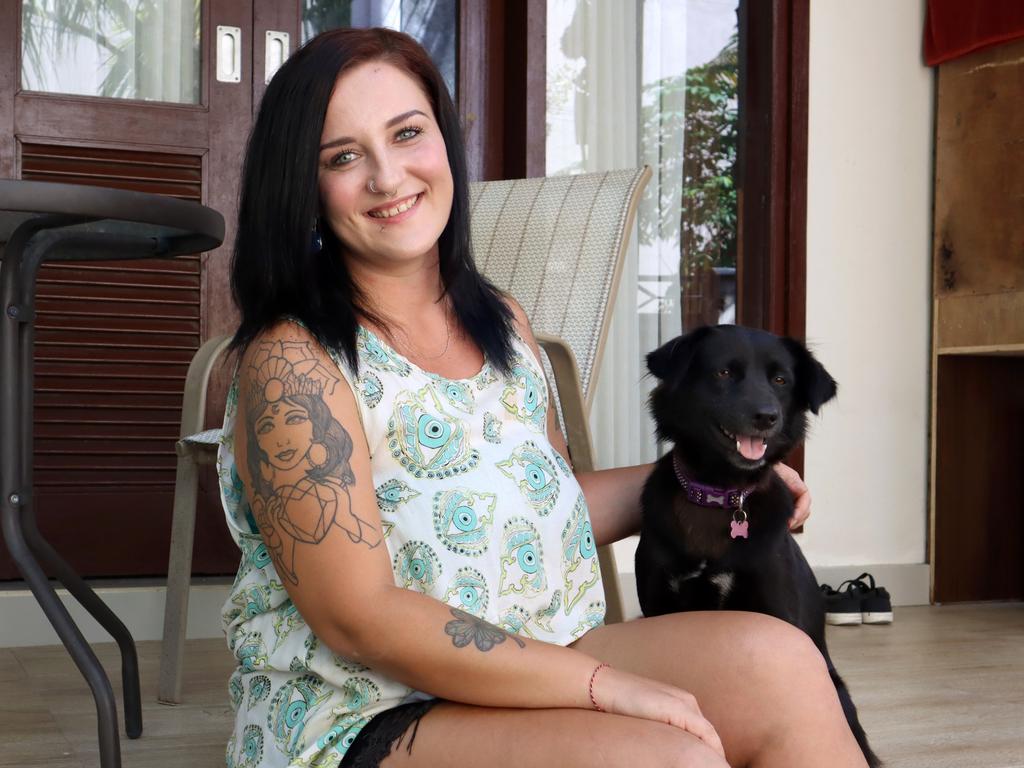


To join the conversation, please log in. Don't have an account? Register
Join the conversation, you are commenting as Logout